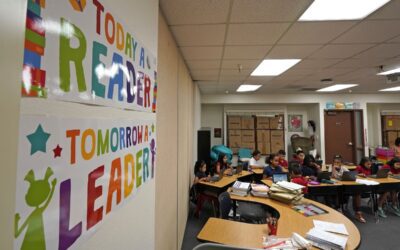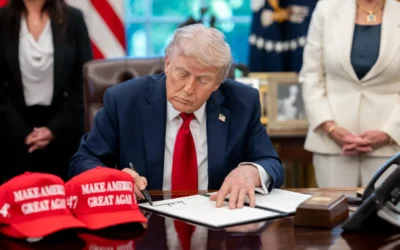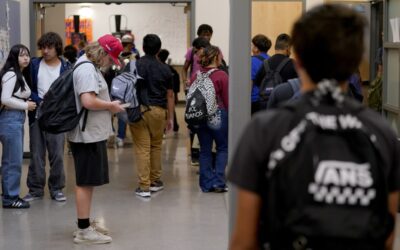
Arizona Senate candidate Stacey Seaman (left) and her father, Rep. Keith Seaman. Photo courtesy Keith Seaman campaign.
A room full of education advocates gathered Monday to discuss a possible solution to the myriad of issues that plague Arizona’s public schools: a change of leadership.
“Republicans have governed this state for decades,” said state Rep. Keith Seaman, a retired teacher and former school superintendent in Mohave County. “They’ve had control for a long time and have consistently worked to undermine public schools and student success.”
Thirty years in the making
Seaman was joined by fellow legislators Sen. Christine Marsh and Rep. Judy Schwiebert, and a number of parents, teachers, and former students at the Arizona Education Association’s main office in Phoenix. While the discussion topics ranged from crumbling infrastructure to unwieldy class sizes, each issue was rooted in an ideological indifference to public education maintained by Republican lawmakers who have had complete control of the state legislature since 1993.
Since that time, per-pupil spending and teacher salaries have stagnated, classroom sizes have ballooned, and turnover has skyrocketed. In fact, when inflation is considered, teachers in Arizona are now paid 36% less now than they were in the early 1990s.
Stacey Seaman, a former music teacher and senate candidate for Arizona’s 16th Legislative District, said she would start her school years hitting up pawn shops for instruments. It wasn’t until she left the profession and was no longer pleading for school supplies that she realized how dire student’s back-to-school lists looked.
“It’s almost an assumption at this point that there’s not going to be enough paper, not enough markers, not enough books,” Seaman said. “It boggles my mind that people who consider themselves great business people are running schools like this and act surprised when we’re not getting the results we want.”
Spreading the budget thin
Public funds have been siphoned off to pay for private education at an alarming rate since 2011, when the legislature enacted a voucher program to incentivize parents away from the public school system. Nearly $500 million of the state’s education budget can no longer be used to increase pay for public school teachers—or hire more to reduce class sizes—or invested in infrastructure, and instead is used to offset the cost of private education for 75,000 students.
Marsh, who began her career as a teacher when the Republican majority began, said supply shortages were not uncommon. She would often run out of paper by spring, and had become adept at bargain-hunting for textbooks. But for her, the harsh reality of Arizona’s underfunded schools was in the air.
“There were years in a row – 7 or 8 years in a row – where the air conditioner in my room was out for the first several weeks,” said Marsh. “It’s not just time and stuff, it’s the actual infrastructure of the buildings.”
The school Marsh was at would have her teach from another classroom until the air conditioner was working, to the inconvenience of herself and her students. That came to an end when she put her foot down and met with parents on back-to-school night in the sweltering ambiance that was her classroom.
Parents complained, and the unit was quickly repaired.
Much like the voucher’s utility as an incentive to lead parents away from enrolling their children in public schools, Marsh sees underfunded schools with few supplies and poor infrastructure as part of Republican lawmakers’ goal to make public schools unappealing, and push families away.
“The one thing that I want to point out is that none of this is an accident,” Marsh said. “These are intentional choices that have been made year after year.”
Support Our Cause
Thank you for taking the time to read our work. Before you go, we hope you'll consider supporting our values-driven journalism, which has always strived to make clear what's really at stake for Arizonans and our future.
Since day one, our goal here at The Copper Courier has always been to empower people across the state with fact-based news and information. We believe that when people are armed with knowledge about what's happening in their local, state, and federal governments—including who is working on their behalf and who is actively trying to block efforts aimed at improving the daily lives of Arizona families—they will be inspired to become civically engaged.

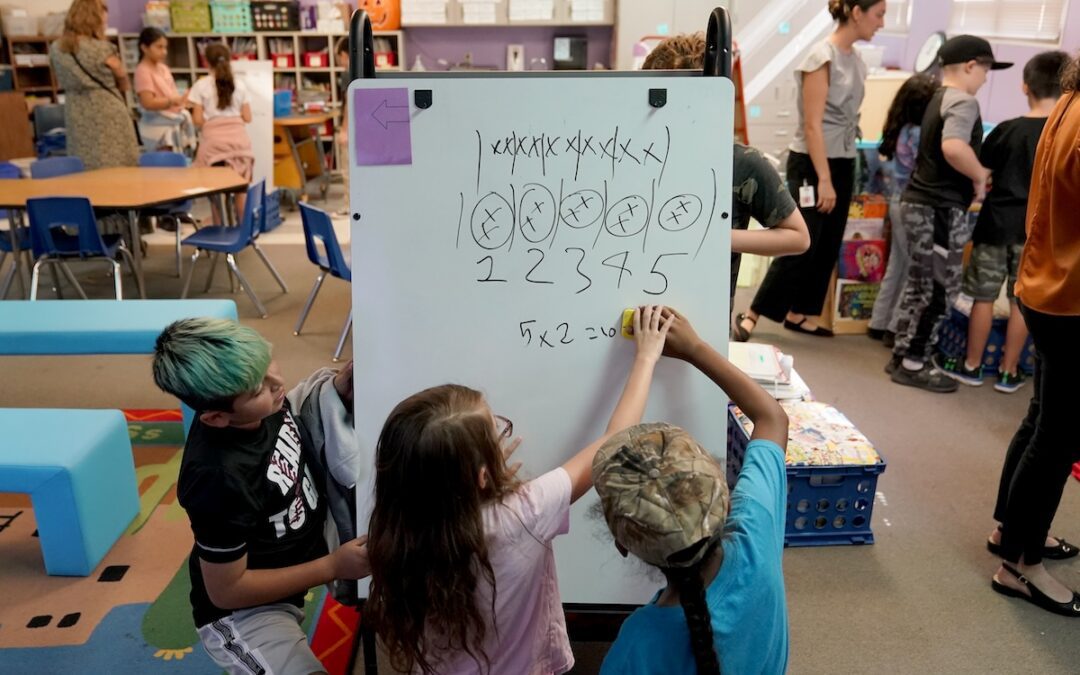
Arizona teachers push ballot measure to end school voucher fraud
Arizonans could have the chance to impose greater accountability and transparency requirements on the state’s controversial and unchecked universal...
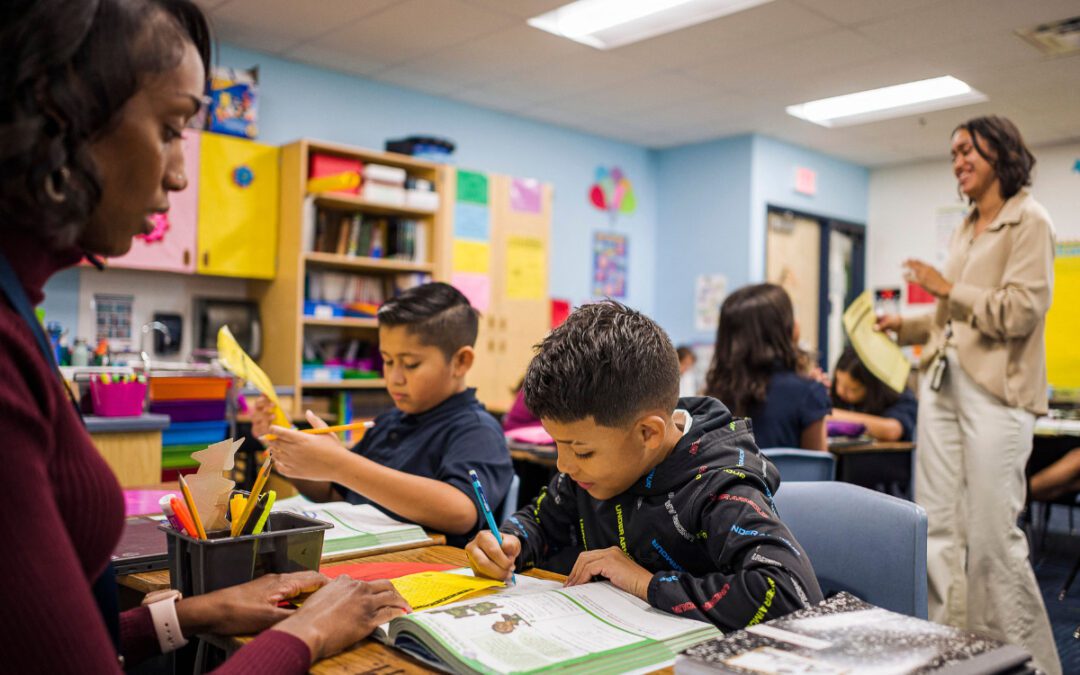
Explained: Universal school vouchers are destroying Arizona’s budget, but it doesn’t need to stay this way
In 2022, former Gov. Doug Ducey signed a bill into law that set the stage for the current state of education funding in Arizona. House Bill 2853...
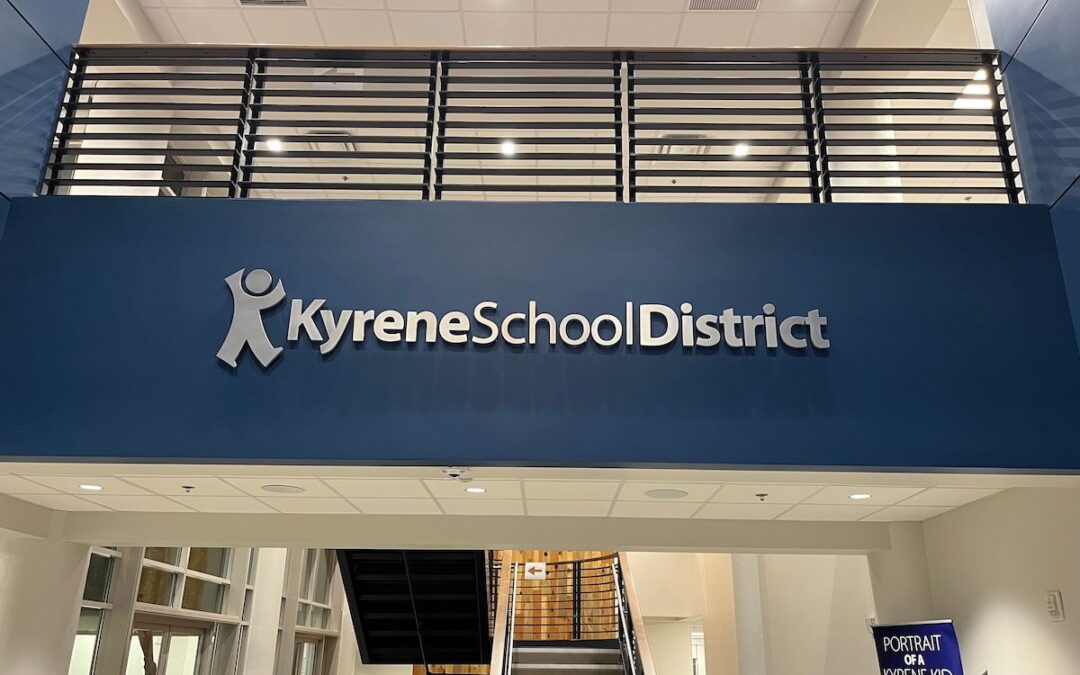
Kyrene School District to close 6 schools by 2027-28 school year
Kyrene School District will close six schools, marking the first time the district has closed a school in its 137-year history. The district...

Arizona has a teacher shortage. The state’s top education officials say this fueled it
A survey from the Arizona Department of Education shows over 4,200 teacher positions are filled by long-term substitutes, student teachers,...



